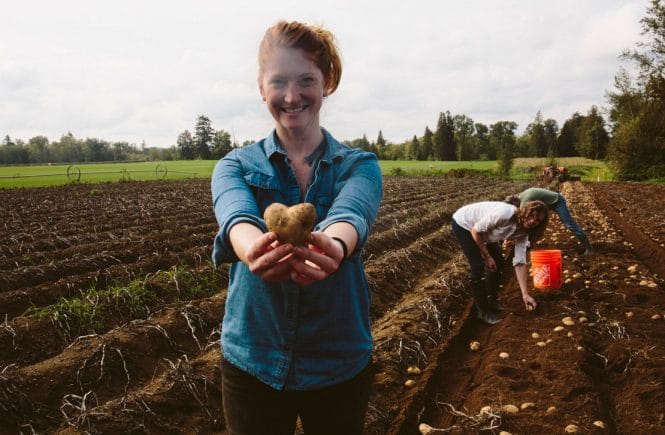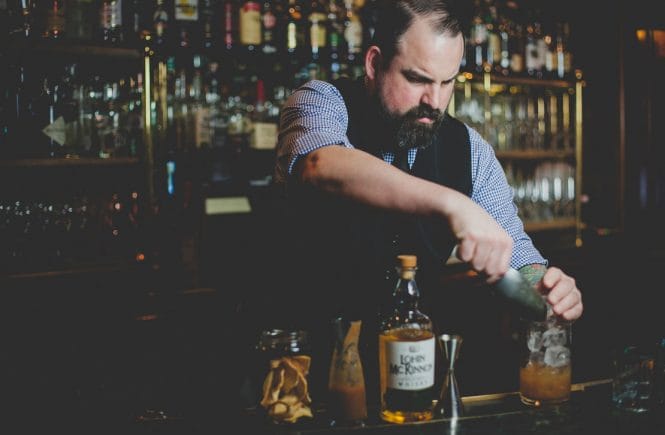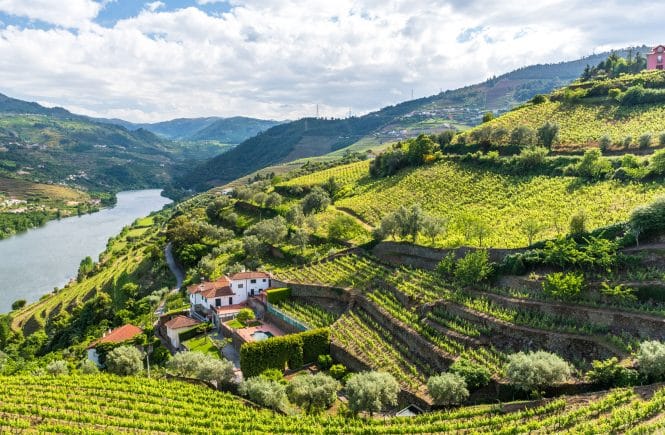Don’t call them mocktails: #spiritfree and #placebo drinks are a growing wellness trend
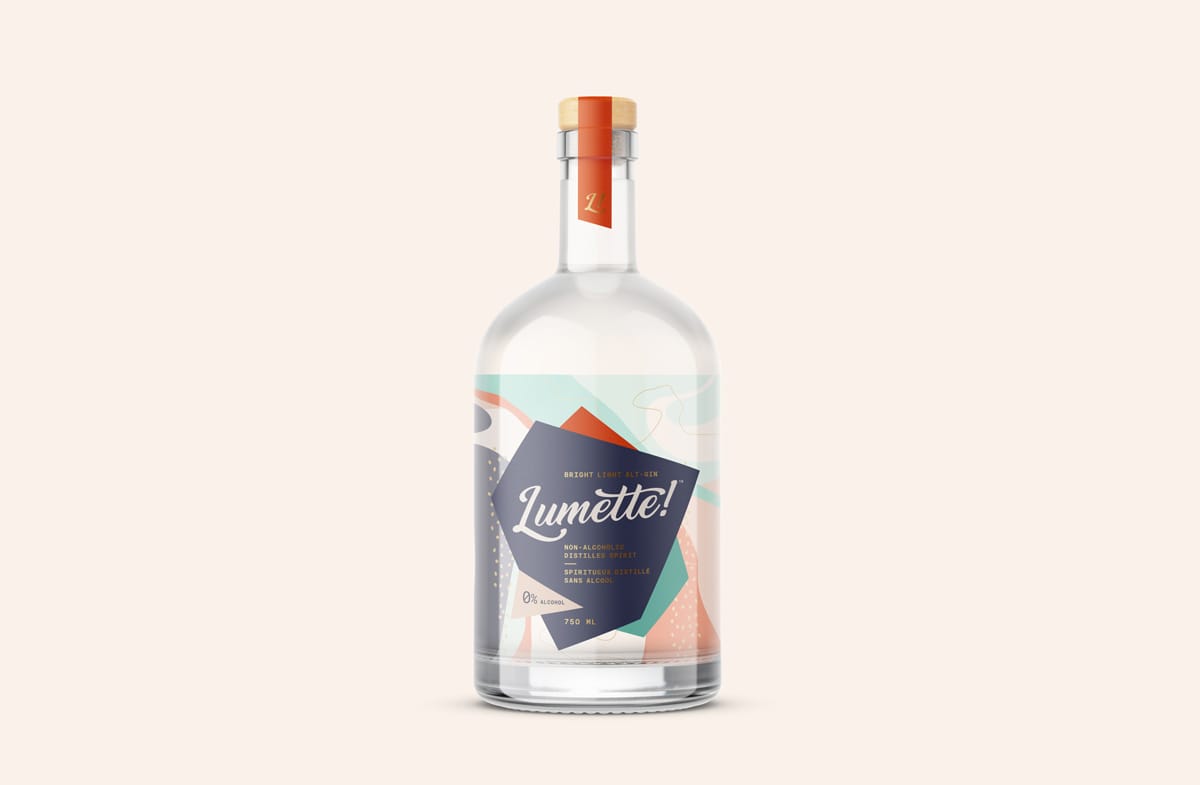
It gathered speed last year with Sober October before the holiday rush. After ringing in 2020, the trend was undeniable: #Dryuary was in full swing on social media and in the bars and living rooms of the nation, as the so-called sober curious or mindful drinking movement reached a new level of maturity.
No longer just a temporary fad, it’s a lifestyle choice that many imbibers are making at any time of year, whether they eschew alcohol completely or simply reduce their consumption. (Note that some sobriety programs caution participants against consuming drinks that mimic alcoholic beverages.)
People are more aware of what they’re ingesting. Not just how much they’re drinking, but how much sugar they’re ingesting
“People are more aware of what they’re ingesting. Not just how much they’re drinking, but how much sugar they’re ingesting,” says Sabrine Dhaliwal, bar manager at Juke Fried Chicken and plant-based BeetBox, where—as at most ambitious Vancouver bars these days—beautifully crafted no-alcohol cocktails are on the menu. Guests frequently session-drink a few low-alcohol drinks made with vermouth or sherry, versus one spirit-forward cocktail, says the Belvedere vodka ambassador and bar pro.
Dhaliwal says she’s reduced her own alcohol consumption, and notes many colleagues have been doing the same, as awareness of wellness and mental health in the hospitality industry grows. “You think to yourself, ‘If I want to make a career of this, I have to be more aware of the balance,’” she says.
Some credit Generation Z with popularizing the trend of drinking less. (“When you’re on social media all the time, you can’t hide anything,” points out Dhaliwal.)
Places like Austin, New York and soon Portland have entirely spirit-free bars. According to a 2019 study by Distill Ventures, the new-brands investment arm of Diageo, 58 per cent of U.S. drinkers reported consuming more no- and low-alcohol drinks than the previous year. In the UK, the no-and-low industry is projected to grow by more than 80 per cent over the next three years, according to industry tracker IWSR. There, a Mindful Drinking Festival and the No & Lo Beverage Summit showcase innovative zero-proof drinks like Kin Euphorics, a brand featuring adaptogens and nootropics, as well as Nine Elms, an aperitif and wine-inspired berry infusion, and Three Spirit plant elixirs.
Even the big alcohol brands are now into the movement. Distill Ventures has invested in Seedlip and its aperitif brand Aecorn, as well as Ritual Zero Proof; Pernod Ricard has Ceder’s alt-gins and Celtic Soul, a no-alcohol brown spirit.
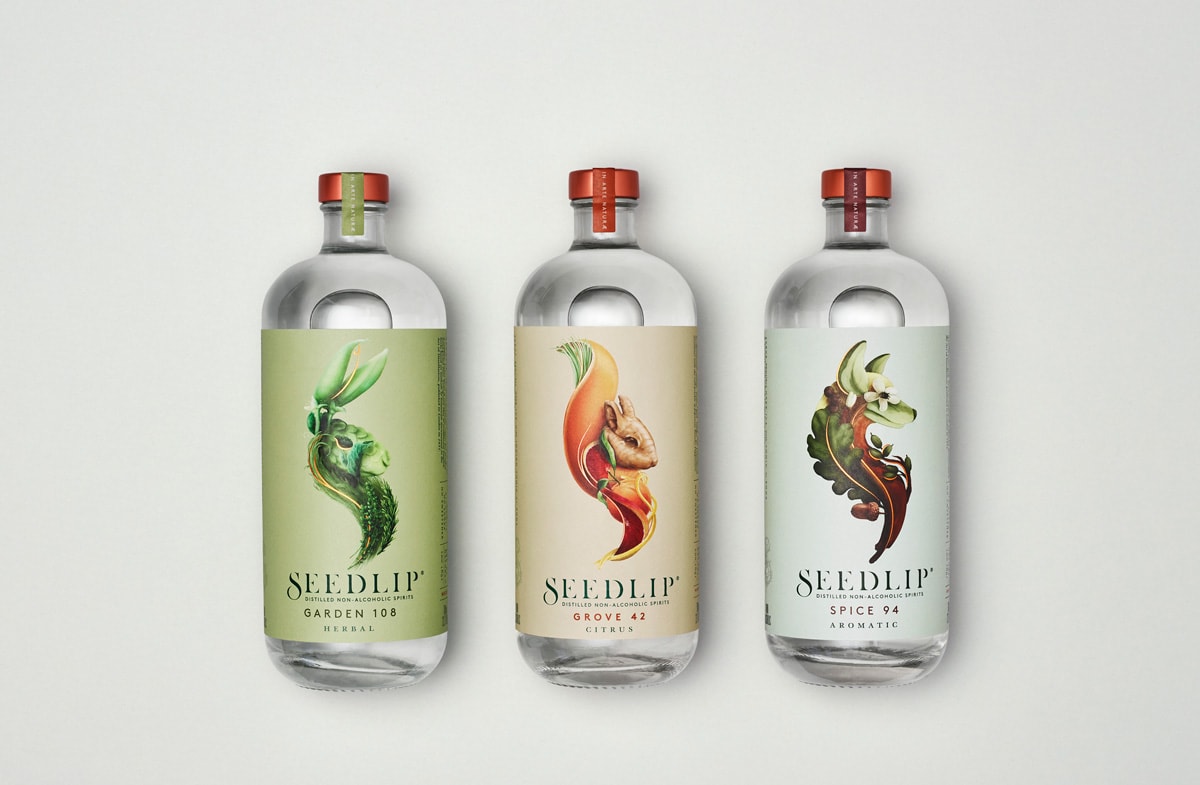
B.C. Goes Low
Local and Canadian innovators are bringing something else to the party.
There’s this incredible market for the ‘last drink of the night’ made with a no-proof spirit
Sons of Vancouver was the first to embrace no-alcohol distillates. In late 2018, the North Vancouver craft distillery released two bottlings in an Alt-Spirits Project Series, a citrus-forward Free Gin and a Free Spiced Rum that tastes like the holidays. “We sold 100 bottles in five days, and I still get at least a couple of inquiries a month,” says co-founder James Lester, who ceased production of the alcohol-free products when the employee who was their innovator left. “There’s this incredible market for the ‘last drink of the night’” made with a no-proof spirit, he adds.
Former Keefer Bar tender Dani Tatarin founded the Animas Botica line of botanical distillates during her sojourn in Mexico. And long-time Forage server Darice Page is now starting Inspiritus, a new line of no-proof spirits featuring flavours like rosehip, Asian pear and botanicals.
But the best known is perhaps Lumette! alt-gin, which debuted last year from award-winning Sheringham Distillery in Sooke. It has a fresh evergreen top note and layers of earthly and slightly bitter spice.
“I love cocktails, but don’t enjoy drinking a lot,” says founder Alayne MacIsaac, who notes that making a non-alcoholic spirit in a traditional still is “actually much harder” and requires more fresh botanicals. Like her, the Lumette! drinker “still wants the experience of cocktails with dinner, or pouring cocktails at a party, or simply at home.”
She adds: “Bartenders have been craving a product like this, something they can create and experiment with, allowing them the opportunity to be inclusive and offer everyone at their establishment the same cocktail experience, whether they are drinking alcohol or not.”
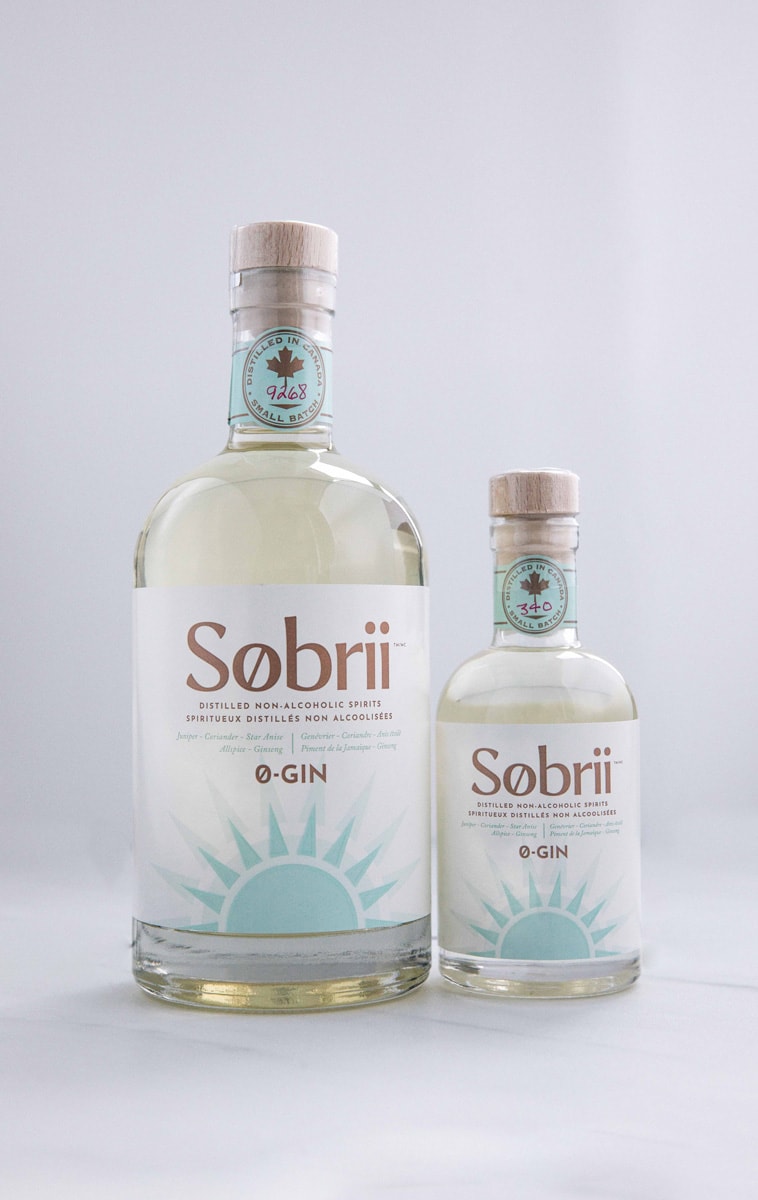
Giving Up Nothing
Meanwhile, in Ontario, Bob Huitema invented Sobrii 0-Gin, which is made at Junction 56 Distillery in Stratford. Zesty juniper and a zingy blend of botanicals like ginseng, coriander, allspice and star anise are spicy and warming on the palate. Sobrii “gives some consumers a slight ‘buzz’ feeling, which is completely a placebo effect,” he says.
You can still enjoy that contemplative ritual of having a cocktail. You don’t have to feel like you’re giving up anything.
“We’re trying to put some complexity in the non-alcoholic space,” agrees Sarah Parniak, the long-time Toronto bartender who is the Canadian ambassador for pioneering no-alcohol spirit brand Seedlip, available in three tasty and silky-textured bottlings: Garden 108, Grove 42 and Spice 94. “You can still enjoy that contemplative ritual of having a cocktail,” said Parniak, as we sipped a (Sin)hattan at Como Taperia, which subbed Seedlip Spice 94 for the whisky in a brilliant low-alcohol cocktail with vermouth, bitters and honey syrup. “You don’t have to feel like you’re giving up anything.”
FREE SPIRITS: Creating a spirit-free cocktail can be as simple as adding tonic, soda or ginger ale to a non-alcoholic spirit (find a comprehensive list at alcademics.com), or as complex as using syrups, shrubs, bitters and bases that range from aloe vera juice and coconut water to yerba mate and other teas to create complex flavours and textures. “So much of what we enjoy in a cocktail is texture: the silkiness or the aeration. It’s a challenge, but who doesn’t like a challenge?” says bartender Sabrine Dhaliwal.
Make these no-proof cocktails at home:
The Hound
Zero-proof Clover Club
Picnic Smash
—by Charlene Rooke


